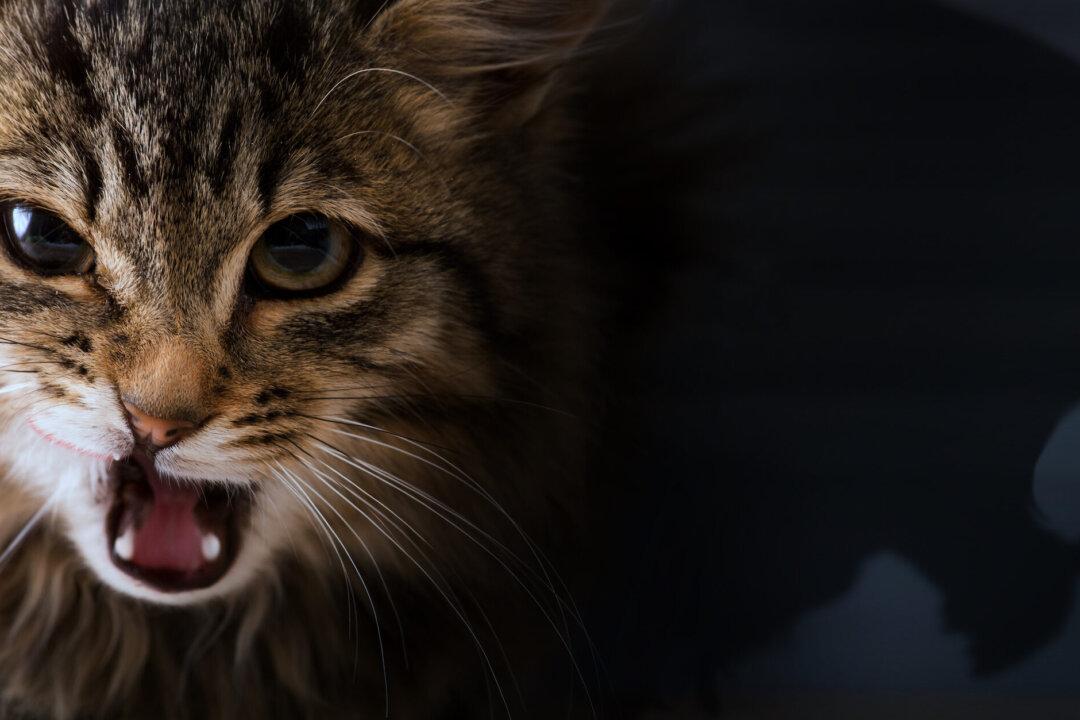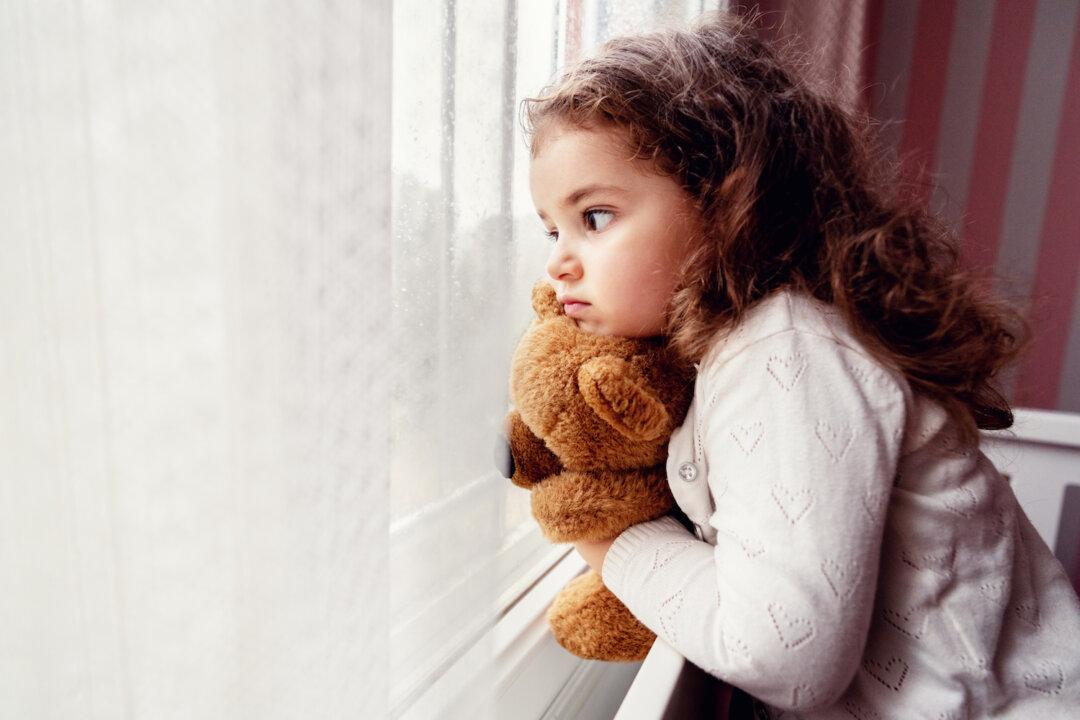When my children were little, I read a story in a magazine that stopped my heart. A mom had sent her daughter to the corner grocery store to buy some bread and milk. Her daughter was walking home with the purchases when a stranger in a car pulled to the curb beside her. He smiled at the girl, used her name—which he had overheard the clerk use at the store—and told her to get in the car.
The girl, who was 10 or 11, was confused. She knew better than to get into a car with a stranger, but she had been taught to be polite and respectful to adults. Against her better judgment, she obeyed.






